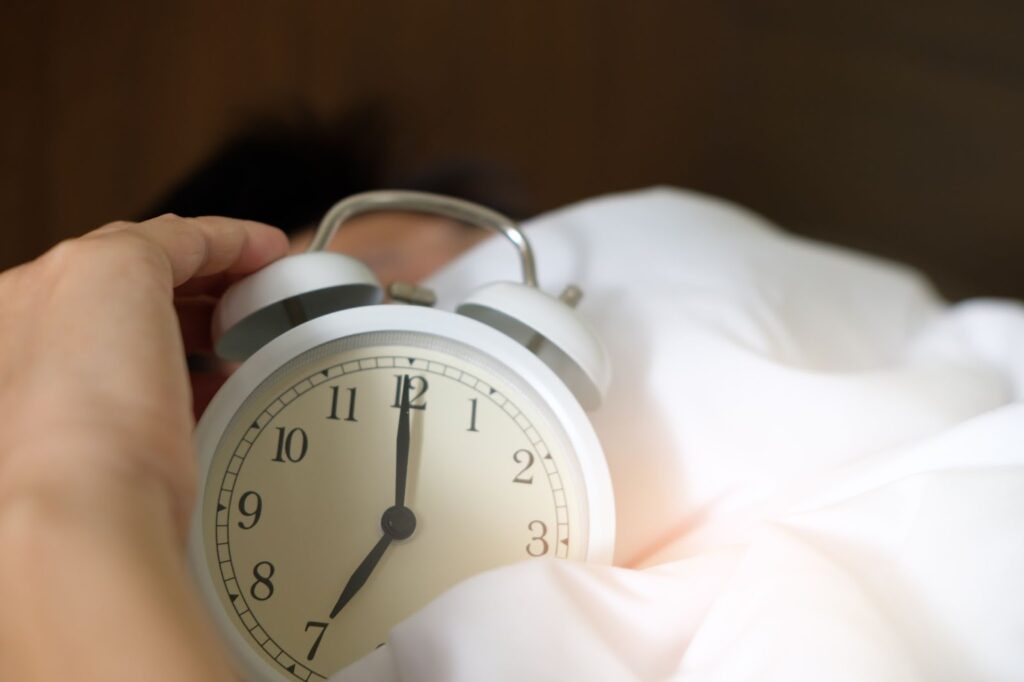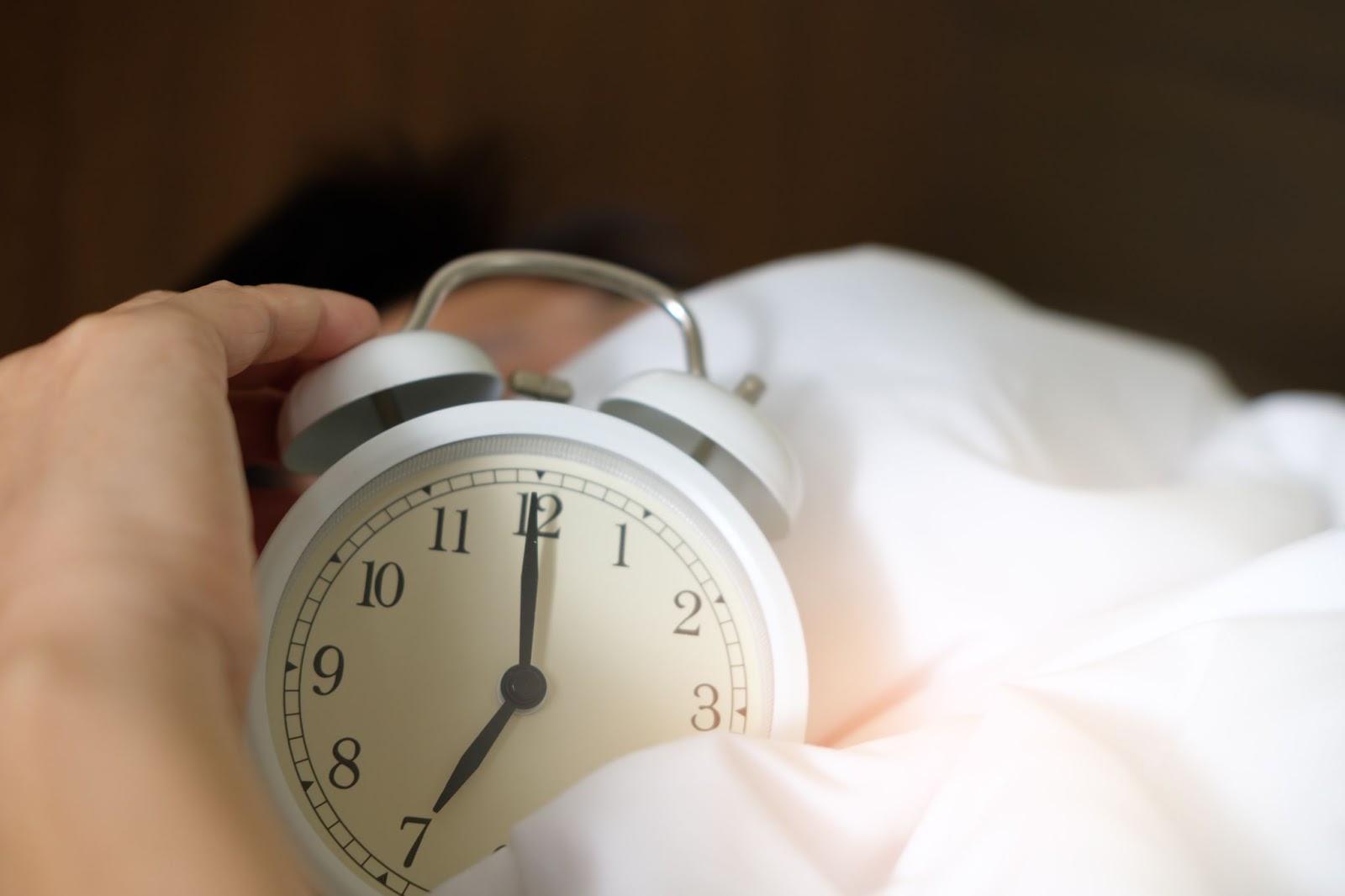Are you having trouble sleeping at night and feeling sleepy during the day? Nobody else feels the way you do. Trouble keeping a regular sleep-wake schedule is a major problem for a lot of individuals and can have serious consequences for people’s health and happiness. Thankfully, melatonin, a hormone, can aid in controlling our circadian rhythms and promoting restful sleep.
This article will discuss melatonin and how it helps control our sleeping and waking schedules. We’ll go through how your sleep hygiene and lifestyle choices might influence melatonin levels, and we’ll provide some strategies for getting better rest. Read on if you’re interested in finding out how melatonin can improve your sleep quality.
What is Melatonin Hormone?
The pineal gland in the brain is responsible for producing the hormone melatonin. Because of its importance in maintaining a healthy sleep-wake cycle, this hormone is commonly known by its nickname.
Melatonin levels rise at night and fall during the day because the body produces it in reaction to the darkness. This aids in setting the internal clock and getting the body ready for sleep. However, exposure to light at night, shift work, jet lag, and some drugs can all interfere with the body’s normal production of melatonin.
As a dietary supplement, melatonin comes in pill, liquid, and even gummy form. It’s promoted as a safe, all-natural remedy for insomnia and may be purchased without a prescription in many countries. Short-term use is not only accepted but encouraged, although the long-term effects of melatonin supplementation are still largely unknown.

Can Melatonin Help You Sleep?
Studies have shown that melatonin supplements can help you get to sleep faster and have a more restful night’s rest. Although melatonin supplements may help some people get to sleep, their efficacy varies from person to person and from sleep problem to sleep problem.
Although melatonin supplements are generally safe for short-term usage, it is always best to consult with your doctor before starting any new supplement, especially if you have any pre existing issues or are already on medicine.
It’s also worth noting that melatonin supplements might cause unwanted side effects like drowsiness throughout the day, nausea, and dizziness. Long-term melatonin use has also been linked to tolerance, suggesting that eventually higher doses will be needed to get the same effect.
Melatonin for Adults and Children
i) Melatonin for Adults
Adults who have problems getting to sleep or staying asleep often turn to melatonin as a sleep aid. It’s widely used as a non-prescription substitute for sedatives because it doesn’t require a doctor’s prescription in many countries. Like any supplement, melatonin can cause negative effects, although it is generally safe for adults.
Using melatonin during the day or early evening can cause you to feel sleepy, which is an issue because it is one of the negative effects. Headache, dizziness, and nausea are some of the additional adverse effects that could occur. You should discuss the use of melatonin with your doctor because it may interfere with other drugs.
While melatonin is thought to be safe for adults when taken at the recommended dose, doing so can have unintended consequences. A person’s age, weight, and other characteristics can affect the ideal melatonin dosage. Adults should take 0.5 – 5 milligrams of melatonin 30–60 minutes before night, on average.
ii) Melatonin for Childrens
It has been shown that melatonin can aid childrens who have problems sleeping. A large number of childrens with ASD or ADHD experience this (ADHD). Yet, there is limited evidence on the long-term consequences of melatonin, thus its usage in children is controversial.
Melatonin may have an adverse effect on children’s reproductive systems, according to some research. In addition, some research suggests it may suppress the immunological system. This is why it is so crucial to see a pediatrician before providing melatonin to a youngster.
Children’s melatonin dosage needs are not the same as adults’, and this difference is partially explained by their smaller body sizes. Children should take 0.5 milligrammes daily at first, and the dose can be increased slowly if necessary.
Get Help from Sleep Well Gummies
The Nidra Nutrition Sleep Well is here to help. Our extensive investigation into the effectiveness of sleep aids led us to develop Sleep Well Gummies – 3mg Melatonin With Valerian & Shankhapushpi. Our supplements, now available in gummy form, are sure to put an end to your sleepless nights and usher in a night of peaceful sleep.
Our Sleep well supplement is great for vegans because they are 100% vegan and don’t contain any gluten, GMO and salt. We chose ingredients that won’t make you addicted so you can take them whenever you need to without worrying about getting addicted.
Melatonin, a naturally occurring sleep hormone, is the primary active element in our Sleep Support supplement. The addition of Valerian & Shankhapushpi demonstrated to reduce neural activity and induce calm, doesn’t end there. The Lavender extract in our supplements have been shown to help with relaxation and sleepiness.
Additional Steps for Good Sleep
Maintaining our physical and mental health requires a sufficient amount of restful sleep. The following are some additional strategies for better sleep:
- Maintain a regular bedtime and waking time (including on the weekends), if possible. This aids in setting your internal clock and may lead to better sleep.
- Develop a soothing nighttime ritual, such as a warm bath, a good book, or some soft music. This sends your body a message that it’s time to get ready for bed.
- The bedroom should be kept dark, quiet, and cool to encourage restful sleep. Put up some blackout drapes or wear a mask to keep out light, block your ears or turn on a white noise machine, and set the thermostat to a pleasant level.
- Coffee is a stimulant that can disrupt sleep, so consuming it close to bedtime is not a good idea. Although alcohol can aid in falling asleep, it can cause sleep disruptions later on.
- Never use electronic devices in the hour before bedtime, since the blue light they emit can interfere with melatonin production and keep you from getting a restful night’s sleep.
- Exercising regularly can assist improve sleep quality, although strenuous activity right before bed should be avoided.
- Control your stress levels; being overly anxious can prevent you from falling asleep and staying asleep. As a means of stress management and general relaxation, try some deep breathing, meditation, or yoga.
Melatonin, a pineal gland hormone, regulates our sleep-wake cycle. Melatonin pills can help insomniacs, but their effectiveness varies. Before taking melatonin or any new supplement, especially long-term, consult a doctor. Nidra Nutrition’s vegan, gluten-free Sleep Well Gummies contain melatonin, Valerian, Shankhapushpi, and Lavender extract to calm and induce sleep.



